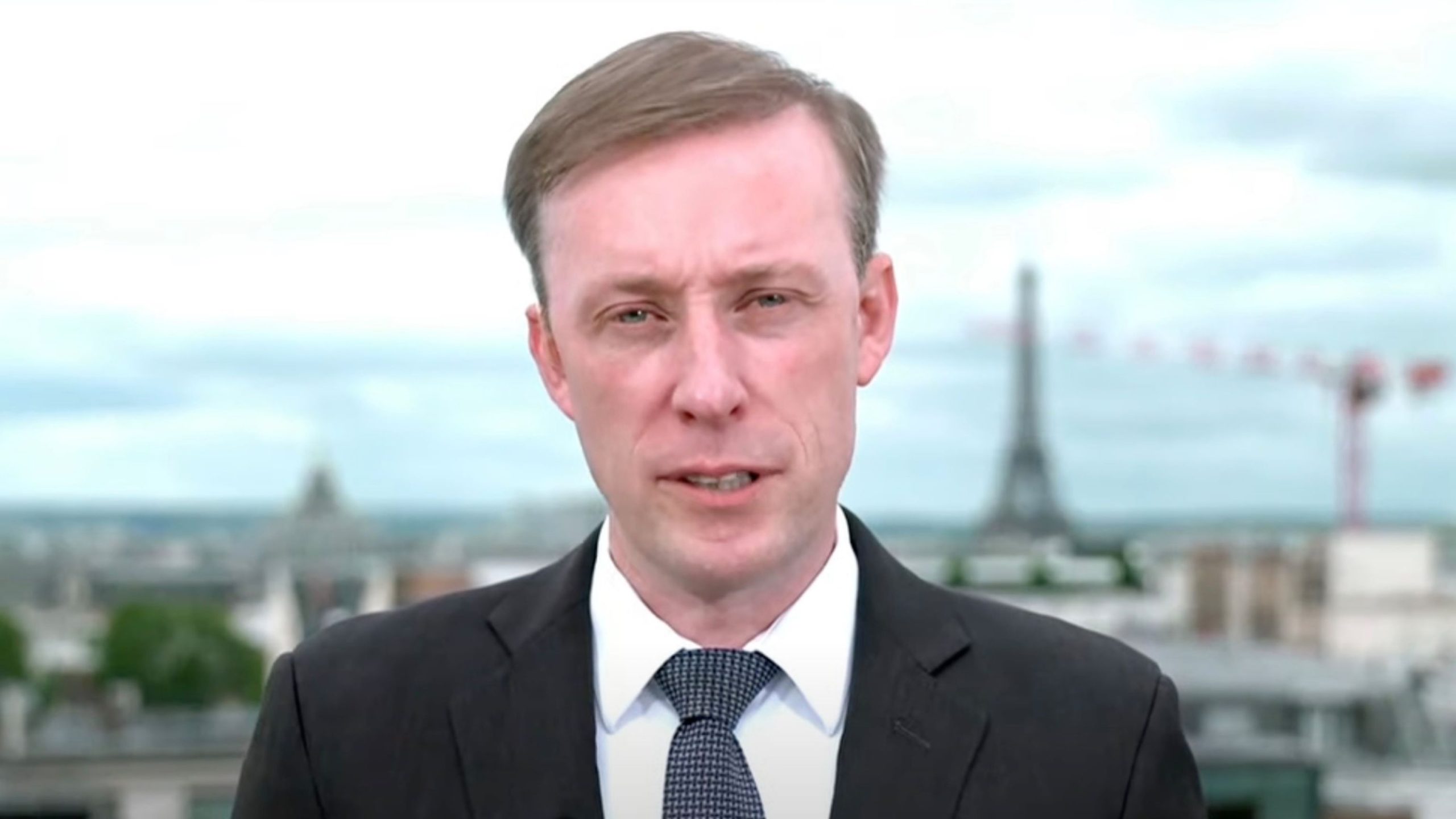Amid escalating assertions over foreign influence in US elections, the White House is exploring a controversial proposal that some warn could threaten free speech and open debate. National Security Advisor Jake Sullivan recently confirmed that the administration has been “grappling with and thinking about” the potential creation of an “information czar,” sparking concern over the government’s expanding role in controlling narratives under the guise of national security.
Speaking at the National War College, Sullivan responded to a question about the potential for a centralized figure to oversee and counter foreign disinformation efforts by suggesting that while the idea has been under consideration, it could raise issues in a free society. “Questions around information operations, around public diplomacy, around the voice that America uses to speak to the world, bleed over into questions of propaganda or politics,” he said, implicitly acknowledging that such a role could have far-reaching consequences on public discourse.
The proposal for an “information czar” raises immediate concerns over whether any centralized control over information could be used to restrict speech and stifle dissenting opinions. Sullivan recognized this risk, questioning whether such a role should be linked to the White House itself or to a more removed agency in order to “insulate this from the twos and fros of politics.” Still, the idea of government officials controlling “information resiliency” remains contentious, especially when directed at speech in the US rather than strictly addressing threats abroad.
In defending the proposal, Sullivan argued that foreign election interference, particularly by Russia and other state actors, poses a national security issue and “an attack on our country” that needs a robust response. However, critics argue that efforts to counter disinformation could easily expand into broader content censorship efforts, a slippery slope that could ultimately see the government interfering with free speech in the name of “resilience.”
We’ve Been Down This Road Before
The White House’s recent consideration of an “information czar” to counter foreign election disinformation brings to mind the Department of Homeland Security’s short-lived Disinformation Governance Board (DGB) in 2022, which aimed to address misinformation but was quickly dismantled after facing public backlash and First Amendment violation concerns. The DGB’s stated mission was similar: to safeguard national security by countering foreign misinformation.
However, it was met with immediate and intense criticism, as many feared the board would become a vehicle for government overreach, potentially chilling free speech under the guise of “information resilience.” The public pushback against the DGB showed the deeply rooted skepticism toward government involvement in controlling or moderating information, especially when it intersects with free speech concerns.








